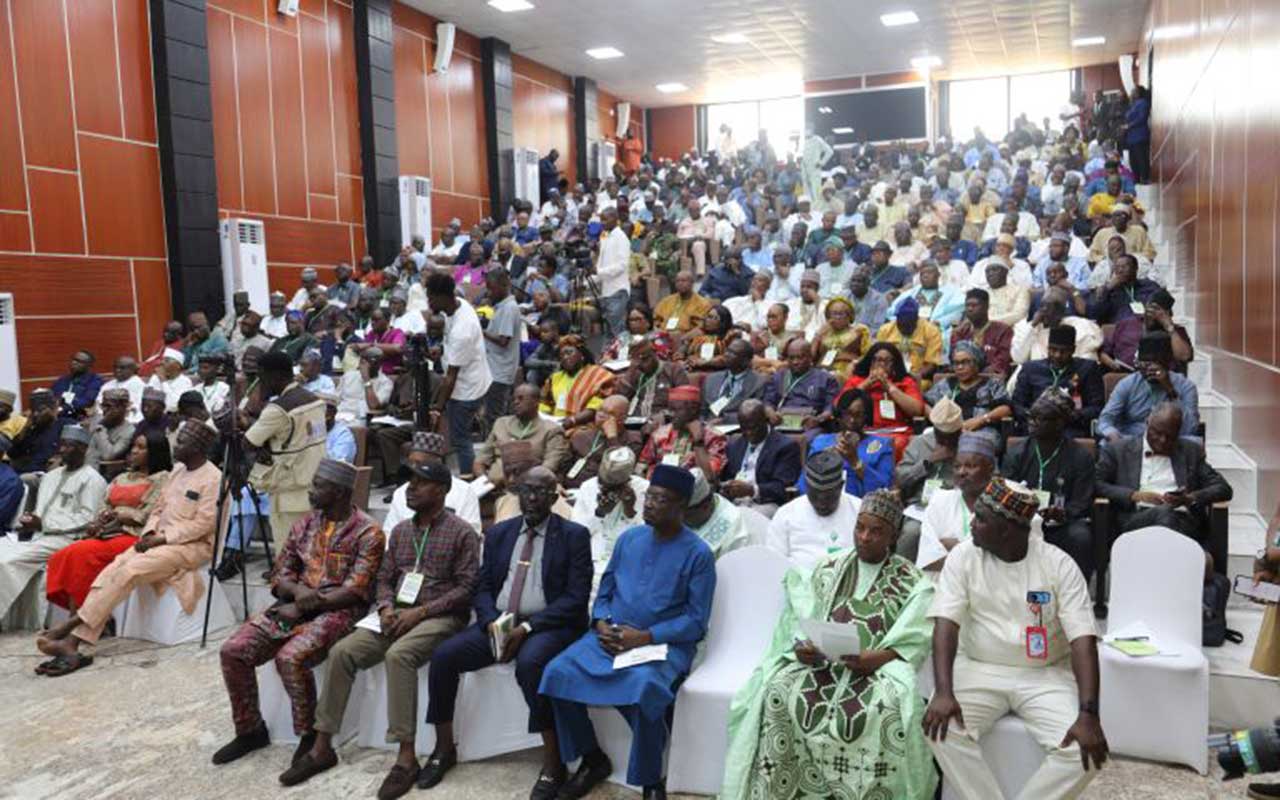 One of the major hurdles tertiary institutions in Nigeria face is the ongoing tug-of-war between them and political office holders. This conflict stems from various factors, including political interference, funding issues, and differing priorities.
One of the major hurdles tertiary institutions in Nigeria face is the ongoing tug-of-war between them and political office holders. This conflict stems from various factors, including political interference, funding issues, and differing priorities.
On one hand, tertiary institutions strive to maintain their autonomy and academic freedom, allowing them to make decisions that benefit the educational community. On the other hand, political office holders often try to exert control over these institutions, sometimes for personal or political gain.
Although the Independent National Electoral Commission (INEC) has traditionally relied on academics, including vice-chancellors, to serve as returning and collation officers during elections due to their perceived integrity and impartiality, the Executive Secretary of the Tertiary Education Trust Fund (TETFund), Arc. Sonny Echono, has expressed strong reservations about this practice, labeling it as an anomaly that should be stopped immediately.
Echono’s concerns were rooted in the potential risks of compromising the neutrality and integrity of the electoral process.
He argued that by involving university administrators in election duties, there is a risk of creating conflicts of interest or perceptions of bias.
The Executive Secretary spoke in Owerri while delivering the 36th Convocation lecture of the Federal University of Technology, Owerri.
Titled, ‘Impact of Leadership Selection on Governance in Public Universities in Nigeria’, the convocation lecturer said: “As much as possible, universities should be insulated from political activities such as vice-chancellors serving as retuning officers in elections. Otherwise, a randomised process excluding vice-chancellors should be put in place. Consideration may be given to nominations by staff unions or attestations by them.
“Our universities should promote diversity in leadership by encouraging and supporting the representation of women, minorities, and individuals from diverse backgrounds in university leadership positions. Employing a merit-based selection process will foster gender equality and social justice.
“Universities should foster collaboration and seek both international and local partnerships leading institutions with private companies and organisations to support research, innovation, academic exchange and student internships.
“They should also explore avenues to engage with alumni and communities to create awareness, mobilise support, and build a strong network of advocates for public universities.”
On challenges in the leadership selection process, Echono expressed worries that political affiliation has assumed overarching importance in the selection process.
“Ordinarily, due process that is devoid of political and financial influence should be allowed to reign, thus allowing universities the right to screen and appoint candidates without any form of bias or external influence.
“Despite the structured framework, the selection process is often times marred by extraneous issues, which include external influences, political pressure and nepotism, can affect the selection process. Ogunode et al. (2023) described university education politicisation as the application of politics in the administration and management of universities. Our universities have become increasingly local with majority of academic and non-academic staff sponsored by local politicians and other leaders from the host communities.
“Tribalism and favouritism sometimes undermine the pursuit of meritocracy. The selection process is to attract, secure, create, promote, and assemble a team of competent, professional, efficient, career-minded, and productive human resources, but this is often hindered by factors relating to ethnicity and religion. The role of federal universities as melting pots to foster national unity and integration has been lost in the process. The federal character principle is observed more in the breach than in practice.
“The selection process for principal officers (Vice Chancellors, Bursars, Registrars etc) is now riddled with corruption as competition is fierce and ruthless. Members of Governing Councils view this assignment as the most lucrative aspect of their duties and often bow to the highest bidder. Principal Officers exert enormous influence especially in procurement (Tenders Board) and payments for projects, goods and services. Contractors have been known to sponsor candidates for vice-chancellor in return for patronage.
“INEC involvement of university leaders in the conduct of elections has become counter-productive as politicians now sponsor candidates for the position of vice-chancellor in anticipation of returning the favour either to them or their preferred candidates to various electoral offices,” he added.
He underscored the need for the prioritisation of academic excellence, adding that this entails implementing robust, transparent systems for hiring and promoting faculty based on merit, expertise, and scholarly achievements and sustaining investment in faculty development through professional development, research training, and skill-building programmes as well as encouraging a research culture and fostering innovation are key success factors.
Why tertiary institutions should be insulated from political activities – Echono






